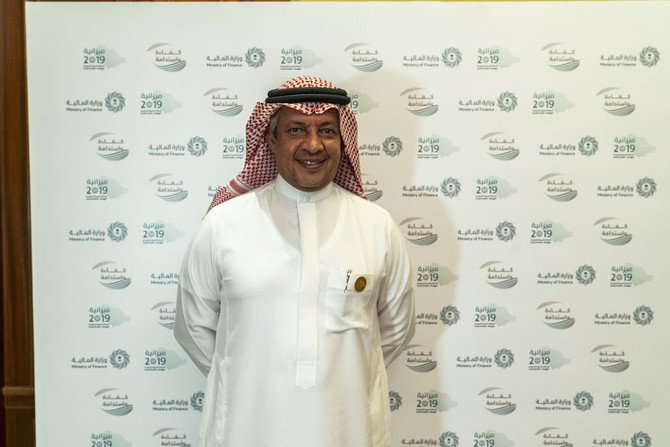
Saudi government to pay private sector dues 'within months'
Outstanding payments owed by the Saudi government to private-sector firms will be made “within months,” the Kingdom’s economy minister has said.
The crash in oil prices from mid-2014 forced the government to slash projects and delay payments to some contractors and suppliers, while disputes have held up some other settlements.
The vast majority of claims have now been addressed, and the Kingdom is committed to settling all outstanding cases, said Mohammed Al-Tuwaijri, Saudi minister of economy and planning.
Speaking to Arab News on the sidelines of a Saudi budget forum, Al-Tuwaijri said the settlements will be made “as soon as possible.”
“The commitment is there, the funding is there, the policymakers are saying, ‘please do, please pay, get this out of the way.’ And I think it is a matter of months before we achieve all of that,” Al-Tuwaijri said.
According to Saudi Finance Minister Mohammed Al-Jadaan, speaking on Tuesday, 97 percent of outstanding invoices have been repaid.
His fellow minister Al-Tuwaijri said that there is a “leadership commitment” to pay the rest promptly.
“Is this going to improve the reputation of the economy and government? Absolutely,” he said.
“The question is, the governance and process, rather than numbers or values. If there is a dispute, this dispute has to go through the right channels to get resolved before the government pays. If there are incomplete projects and some issues around them, we need to know why they are incomplete and how we avoid this going forward.”
Saudi Arabia has already repaid billions of dollars in outstanding payments, although Al-Tuwaijri did not specify the total amount overdue today.
The minister said Saudi Arabia needs to compete for the interest of private sector firms both regionally and globally.
“That means building the right infrastructure, rules, regulations, logistics,” he said.
“(We need to consider) which sectors can create more jobs, which sectors help our balance of payments to be more sustainable and less volatile. (Then we) will go in, aggressively and do the whole thing, from financial aid, to revising some of the fees … It has to be a trade-off between our objectives and the private sector also (being) willing to cooperate.”
Some potential uncertainty for private-sector firms is the level of the “expat fees” charged to foreigners working in the Kingdom.
But Al-Tuwaijri said there was no immediate plan to change the level of these fees in future. “There is nothing in the pipeline today to reassess the expat yearly fees,” he said.


























